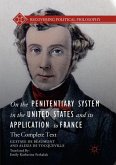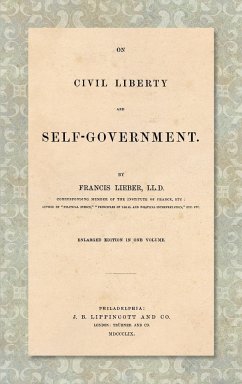"The United States acknowledge and protect, in hostile countries occupied by them, religion and morality; strictly private property; the persons of the inhabitants, especially those of women; and the sacredness of domestic relations. Offenses to the contrary shall be rigorously punished." -Article 37, Instructions for the Government of Armies of the United States in the Field-General Order No. 100 (1863) In 1863, President Abraham Lincoln signed General Order No. 100, also known as The Lieber Code, dictating how the Union Forces soldiers should conduct themselves during the Civil War. This document, considered by some among the most important in America's history, was written by German-American legal scholar Francis Lieber, and became the basis of American conduct of war and laid the foundation for the twentieth century Geneva Conventions that established the standards of international law for humanitarian treatment in war. Some other related publications by Cosimo Reports are: The Laws and Usages of War at Sea-A Naval War Code (1900), Rules of Land Warfare (1940), Small Wars Manual (1940), The United States Department of Defense Law of War Manual (2016), and others.








![Minutes of Proceedings and Evidence [on Bill No. 4, An Act to Amend the Civil Service Act (Councils)] Minutes of Proceedings and Evidence [on Bill No. 4, An Act to Amend the Civil Service Act (Councils)]](https://bilder.buecher.de/produkte/65/65487/65487571m.jpg)